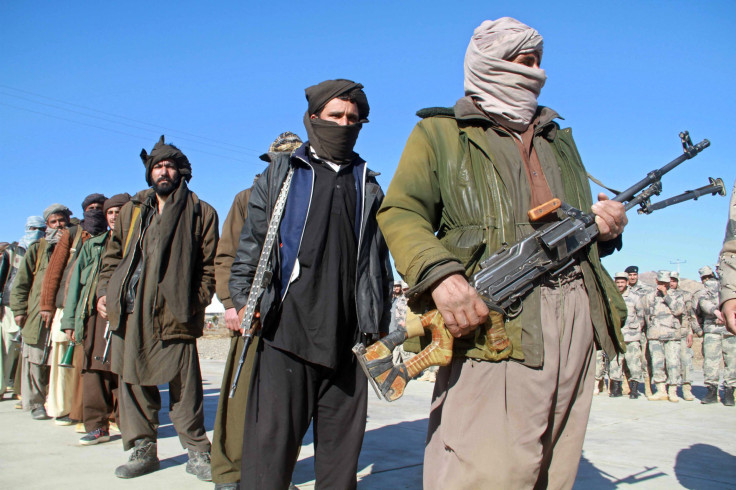Al Qaeda, Taliban Working Closely In Afghanistan, US Says

Islamic terrorist group Al Qaeda has been working closely with the Taliban in Afghanistan lately, a move that could pose a threat in the strife-torn country, a spokesman for the U.S.-NATO mission said Thursday. Brig. Gen. Charles Cleveland noted that, in numbers, the Taliban fighters outdid militants from the Islamic State group, also known as ISIS, in Afghanistan.
“In terms of the threat that they pose right now, by themselves we don’t think that they pose a real threat, a real significant threat to the government of Afghanistan. ... Al Qaeda, beginning to work more with Taliban, they can present a bit of an accelerant for the Taliban. So they can provide capabilities and skills and those types of things,” Cleveland said at a press conference in Kabul, according to a transcript.
Cleveland said that ISIS has about 1,000 to 3,000 fighters while the Taliban has 30,000 fighters in Afghanistan, a country grappling with a decades-old threat of home-grown terrorism.
“Although they have been significantly diminished, they do have the ability to regenerate very quickly, and they still do have the ability to pose a threat,” Cleveland said of the Taliban.
The U.S.-NATO coalition reportedly has about 13,000 international troops, including 9,800 Americans, in Afghanistan. Last August, Ayman al-Zawahiri, the head of al Qaeda, pledged allegiance to the new leader of the Taliban, Mullah Akhtar Mansour.
NATO troops deployed in the war-torn country train and help the Afghan forces tackle the insurgents. Around 3,000 U.S. troops are reportedly involved in counterterrorism operations against the Taliban, al Qaeda and the ISIS.
According to Cleveland, the U.S. carried out just under 100 counterterrorism strikes against al Qaeda and ISIS militants in Afghanistan between January and March 1. During April, there were less than 19 strikes — most of them against ISIS and a few against al Qaeda, he said.
© Copyright IBTimes 2024. All rights reserved.












